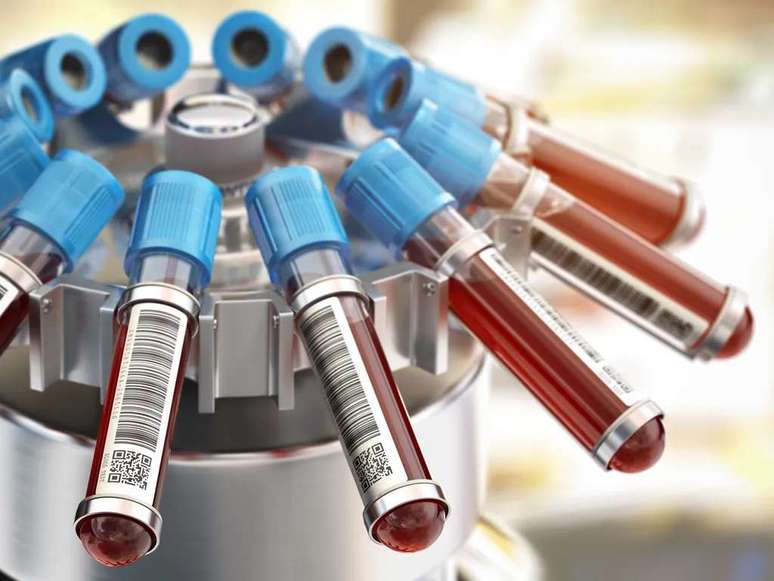Scientists develop new blood test for early detection of Alzheimer’s disease. The condition can be discovered 3.5 years early
In one experiment, a new blood test can diagnose Alzheimer’s disease up to 3.5 years earlier, according to British scientists. Published in scientific journal brainthe research results are quite encouraging, but the discovery is still preliminary and more tests are needed before the technology reaches the market.
- Everything you need to know about Alzheimer’s
- What to do with early detection of dementia is still a challenge for science
“Our results are extremely valuable and will potentially allow us to predict the early onset of Alzheimer’s disease in a non-invasive way,” says Edina Silajdžić, one of the study’s authors and a researcher at King’s College London (KCL), UK. . a declaration.
For the specialist, the biomarkers found in the blood of people who, in the future, will develop Alzheimer’s must be added to other already known evidence of the disease, such as the accumulation of beta-amyloid proteins in plaques in the brain. This way doctors will have more tools to close a diagnosis and encourage measures that may delay the evolution of.
How can Alzheimer’s be diagnosed early?

In the study for the new Alzheimer’s blood test, researchers recruited 56 volunteers with Mild Cognitive Impairment (MCI) — in this condition, the individual begins to experience a deterioration in the level of cognition and memory. Blood samples were collected and subjected to cognitive evaluation.
In general, people with MCI have a higher incidence rate of Alzheimer’s than the general population. For example, of those recruited, 36 were diagnosed with neurodegenerative disease during the six-year study. In the specific sample, the condition affected 64% of individuals.
What happens to the blood of someone who develops Alzheimer’s?
By analyzing blood samples from patients who developed Alzheimer’s and comparing them to older samples (since the start of the study), the team identified some significant changes. For example, there has been a decrease in the rate of cell growth and division. Furthermore, there is an increase in cell death by apoptosis, when the cell is programmed to die.
The researchers also noted that these samples had a higher rate of conversion of immature brain cells into neurons in the hippocampus — part of the brain — as an attempt to prevent the condition from settling in. This would be a sort of early compensation mechanism for neurodegeneration, characteristic of patients who have yet to develop the first clinical symptoms of the disease. These changes begin to appear up to 3.5 years earlier.
Now, the next stage of research will be to understand whether this process is common to all types of people. Therefore, scientists need to recruit more volunteers, from different populations, which will increase the diversity of the sample and the validity of the discovery.
Source: brain AND KCL extension
Trending on Canaltech:
- 5 reasons NOT to buy the 2023 Hyundai HB20S
- Xiaomi launches the walkie-talkie with a range of 5 km and a battery of up to 120 hours
- 8 big news in One UI 5.1
- WhatsApp statuses get ‘Close Friends’, audio posts and more
- Do people stop logging in and posting on Facebook?
- Hyper-realistic sexy photos created by artificial intelligence could flood OnlyFans
Source: Terra
Rose James is a Gossipify movie and series reviewer known for her in-depth analysis and unique perspective on the latest releases. With a background in film studies, she provides engaging and informative reviews, and keeps readers up to date with industry trends and emerging talents.





-ubrgialfr7sh.jpg)

